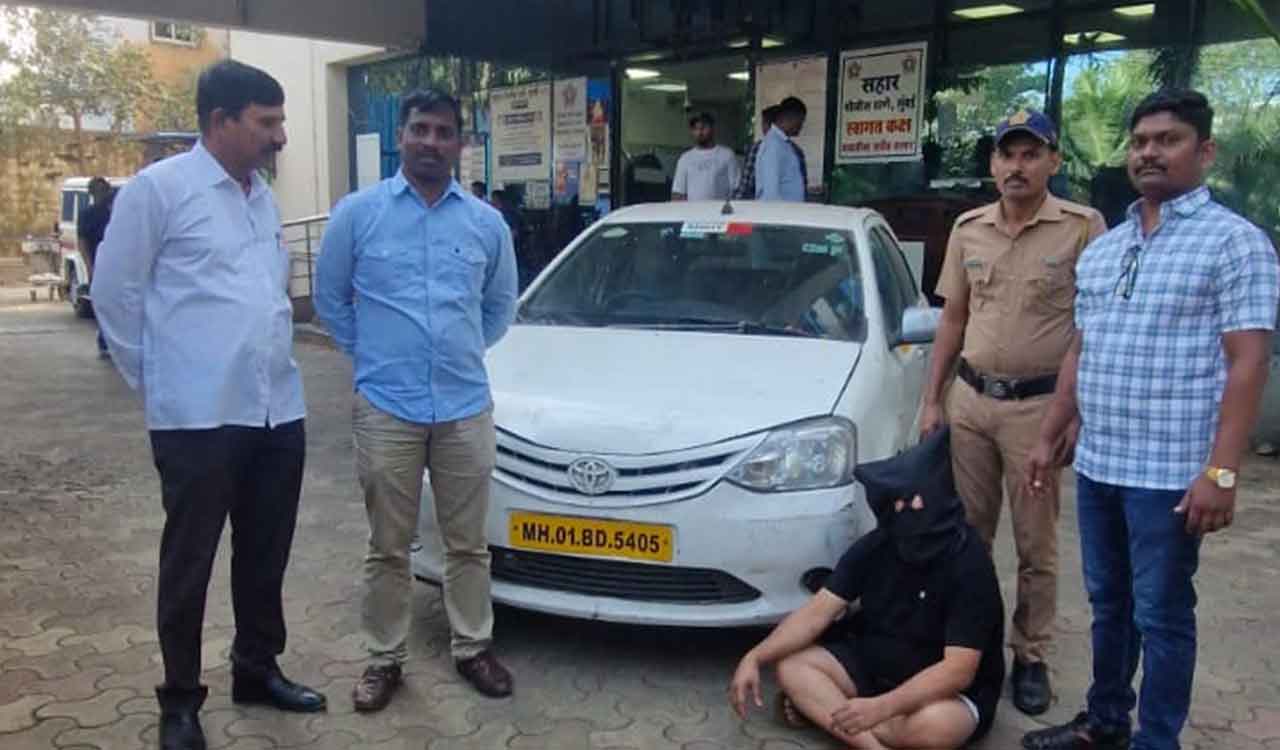Cyber Talk: Beware! Defamation can happen online too
A form of libel, it includes posting defamatory comments, reviews, images, videos on social media, blogs, forums

Hyderabad: Online defamation, also known as cyber defamation, refers to the act of making untruthful statements about individuals or organisations on the internet, with the intention of damaging their reputation or causing harm to their personal or professional life. This can include posting defamatory comments, reviews, images, or videos on social media, blogs, forums or other websites.
Online defamation is considered a form of libel, which is a written or published false statement that harms the reputation of the person or entity being targeted. The statement must be proven to be false and must also have been made with malice, meaning that the person making the statement knew it was false or acted with reckless disregard for the truth.
Also Read
Online defamation can have serious consequences, including loss of business, job opportunities or personal relationships. Victims of online defamation can take legal action against the person responsible for the false statement and may be able to seek damages for the harm caused to their reputation.
Online defamation sometimes may have an impact on the economy of a country depending upon the information and person on whom it has been published.
How defamation is done:
— Social media and news channels can sometimes engage in public shaming, which can harm an individual or organisation’s reputation, even if the accusations are false or unproven.
— Disgruntled employees may engage in defamation by making false or derogatory statements about their employer or colleagues.
— Defamation in politics and religion is common and especially harmful, as false or misleading information can influence people’s beliefs and perceptions about a particular party, candidate or religious group.
— Ex-friends and ex-spouses may also engage in defamation by making false statements about someone to their superiors, friends, or family members.
Free Speech vs Defamation Vs Law:
Freedom of expression and speech, as provided under Article 19 (1) (a) in the Constitution, provides that all citizens shall have the right to freedom of expression and speech, but this freedom is subject to reasonable restriction. Any comment or remark which hampers the reputation of another person would invite liability under the law of defamation as prescribed below.
Earlier, we had Section 66A for filing defamation, but it has been struck down as they felt it violated the right to freedom of expression. Besides, we have:
— Section 499 of the IPC Act: “Have spoken, or intended to be read, or by signs or by visible or publish any imputation concerning any person intending to harm, or knowing or having reason to believe that such a imputation will harm the reputation.”
Section 469 of the IPC Act: “Forgery, intending that the document or electronic record forged shall harm the reputation of any part, either individual or organisation.”
— Section 503 of the IPC Act: “Threatens another with any injury to a person, or reputation, or property.”
Report defamation on social media:
— www.facebook.com/help/contact/430253071144967
— help.instagram.com/contact/653100351788502
— help.twitter.com/en/forms/safety-and-sensitive-content
— www.linkedin.com/help/linkedin/ask/rhsc
— help.snapchat.com/hc/en-us/articles/7012399221652-How-to-Report-Abuse-on-Snapchat
What to do if you are a victim of online defamation:
— First, file a request on Social Media Platforms (see above)
— Alternatively, file a complaint on cybercrime.gov.in
— Report to the CERT if it’s doing something that affects the sovereignty of the nation. (www.cert-in.org.in/PDF/Report_Contribute.pdf)
Social media usage tips:
— Enable Two Factor Authentication (2FA) for all your email and social accounts. Use strong and complex passwords with special characters, numerical and capital letters.
— Never share sensitive/personal information on social media platforms.
— Block cookies and configure privacy settings to control information sharing.
— Configure privacy and GPS/location settings for your social media platforms to control information sharing.
— Avoid clicking on suspicious short links sent via SMS, WhatsApp and Messenger
— Consent should be treated the same way, both offline and online for all purposes.
— Use message applications that have end-to-end encryption.
— Use VPN/ incognito/private mode when needed.
— Stick to facts, avoid opinions that could be construed as facts.
— Don’t retweet or like or report to someone else’s potential defamatory material.
— Fact-check information before sharing any news or information online.
— Think before posting anything online.
— Report defamatory or abusive content online.

Related News
-
Odisha government reviews protection of Lord Jagannath temple lands
31 mins ago -
Iran holds military drills with Russia as US carrier moves closer
55 mins ago -
This is taxpayers’ money: Supreme Court raps freebies culture
2 hours ago -
Hyderabad: Residents oppose Gandhi Sarovar Project over ‘forcible’ land acquisition
2 hours ago -
Australia level series as Indian women slide to 19-run defeat in second T20I
2 hours ago -
Karnataka beat Uttarakhand in semis, to face Jammu and Kashmir in Ranji final
2 hours ago -
Five Osmania varsity players in South Zone squad for Vizzy Trophy
2 hours ago -
Disciplined West Indies bundle out Italy with ease, tops Group C in T20 WC
2 hours ago




